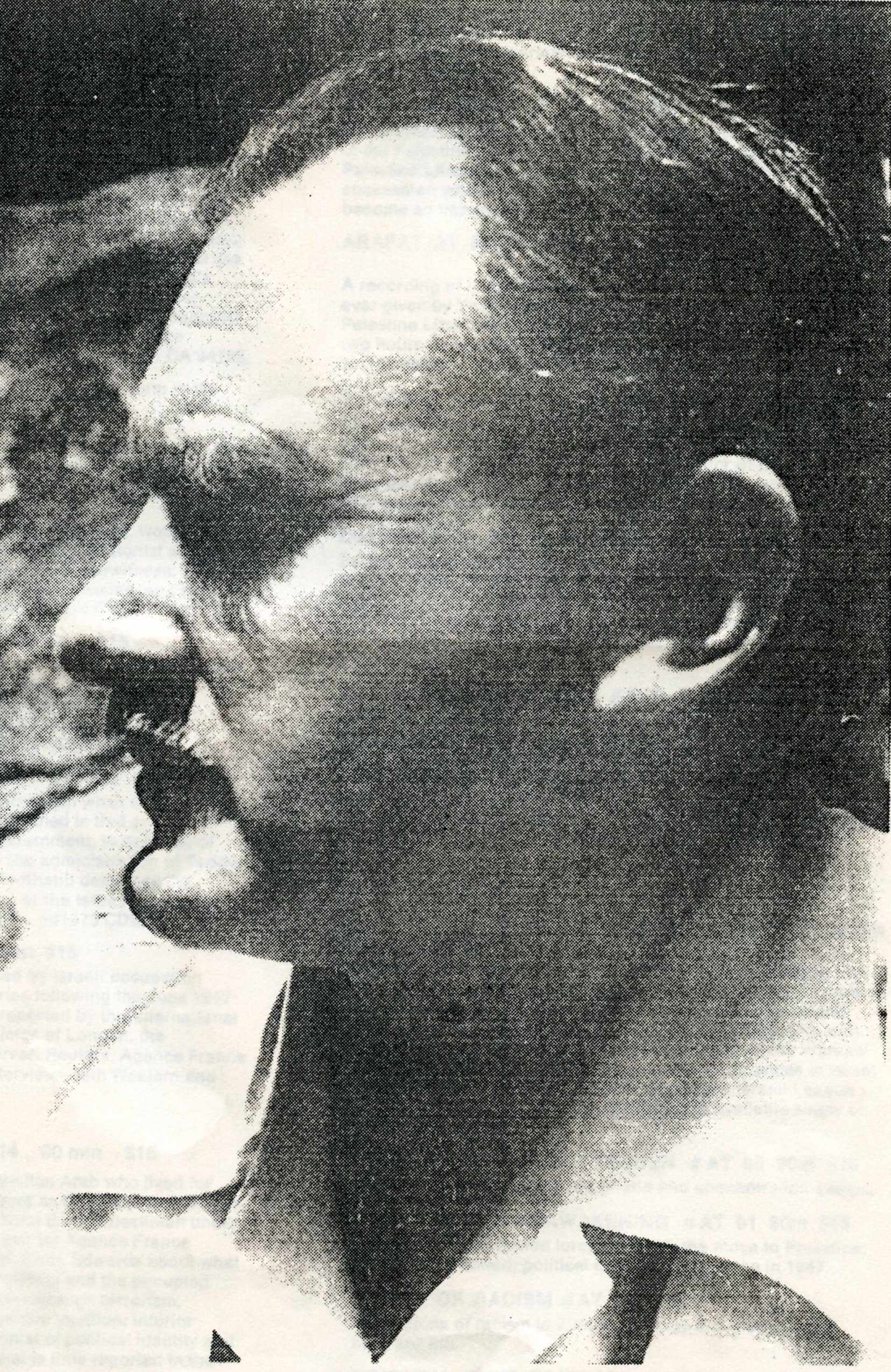Independent Collections
These collections were produced by independent journalists. Many of these recordings make up the bulk of the original collection of the Freedom Archives.
Subcollections
-
Colin Edwards Collection
Materials representing the life-work and journalism of a Welsh radio correspondent and journalist who worked for Pacifica stations, the BBC and many other broadcasters. -
Colin Edwards Free Speech Movement
This collection is produced by journalist Colin Edwards and represent a comprehensive account of the Free Speech Movement and its effect on the political climate of UC Berkeley. -
Programs produced by Kiilu Nyasha
Kiilu Nyasha is a revolutionary journalist and former member of the Black Panther Party. Kiilu still hosts Freedom Is A Constant Struggle, which now appears as a TV program. -
“Nothing is More Precious Than…” a news magazine including music and poetry
KPFA weekly news program running from 1973-1976 featuring in-depth coverage of liberation struggles around the world. -
“The Real Dragon” a news magazine including music and poetry
Real Dragon was a radio program broadcast on KPFA from 1971-1973. This news show focused on issues of national liberation, political prisoners, Vietnam and other major national and international topics.
Documents
3 Documents Found
Date: 11/1/1969Call Number: CE 220Format: 1/4 7 1/2 ipsProducers: Colin EdwardsCollection: Colin Edwards Collection
About women in the movement for Palestinian liberation. Leila Khaled discusses women in the PFLP, Arafat describes prominence of women in the Palestinian liberation movement and Israeli brutalities against them. Reverend Khouryi describes the torture he witnessed while a prisoner in Israel. Penelope Williams - artist and doll-maker - describes visits to Palestinian refugee camps, living in Beirut, and her American friend being hit by Israeli napalm while driving through Beirut.
Date: 4/29/1970Call Number: CE 225Format: 1/4 7 1/2 ipsProducers: Colin EdwardsProgram: The Few and the Many: Ideology of the Palestinian GuerrillasCollection: Colin Edwards Collection
The history of the Palestinian independence movement and motives and philosophies of various Palestinian resistance organizations. Interviews with revolutionary leaders and soldiers.
Call Number: CE 338Format: 1/4 7 1/2 ipsProducers: Colin EdwardsCollection: Colin Edwards Collection
Various people present during Black September in Jordan 1970.
John Bonar describes what he saw during Black September in Jabal Hussein, the oldest refugee camp (1948 refugees) in Jordan. Analysis by on the need for the Palestinian Resistance Movement to operate outside of Jordan. The position of the Popular Front for the Liberation of Palestine on their strategy and the different fronts of struggle against their enemy, Israel. Criticism of the role of journalists who were not present in the main areas of fighting, for creating accounts from their hotels. The Democratic Front for the Liberation of Palestine on the events leading up to Black September. The Palestinian Resistance Movement’s analysis of Jordan before Black September and goal of creating unity among various Palestinian organizations for recognition and integration into the political life of Jordan. Challenging that Bedouins intentionally injured guerillas (fedayeen) in the hospitals. Bonar expressed resentment at the US government for providing weapons to the Jordanian government. Jordanian government prevented the Red Cross and Palestinian Red Crescent Society to get humanitarian aid to the wounded and dead; brief description of the reasons for the creation of the Palestinian Red Crescent Society. Jordanian position on the Palestinian Resistance movement in Jordan, that it needs leave.
3 Documents Found






